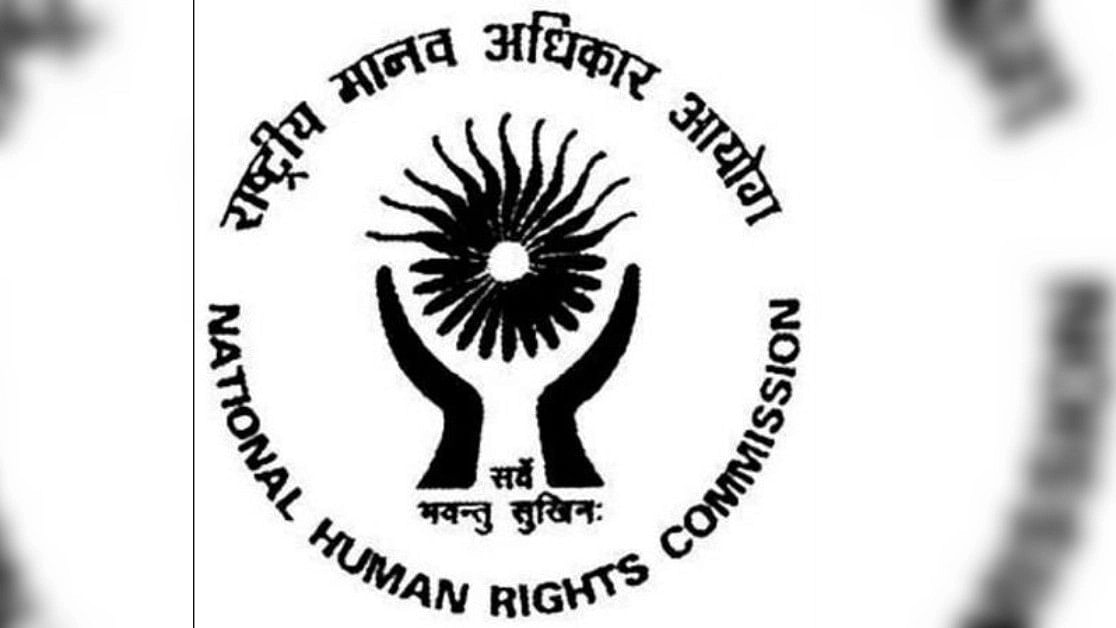
National Human Rights Commission (NHRC).
Credit: DH File Photo
The deferral of the accreditation of India’s National Human Rights Commission (NHRC) by the United Nations-linked Global Alliance of National Human Rights Institutions (GANHRI) for the second year in a row is specifically a sign of disapproval of the body’s functioning and generally a comment on the country’s human rights record.
The deferral was put in place by the GANHRI sub-committee on accreditation (SCA) after a peer-reviewed process. It did not downgrade the NHRC to ‘Category B’ as sought by some international organisations, but it rejected India’s request and resisted its diplomatic efforts for lifting of the deferral.
The NHRC had an uninterrupted ‘A’ grade status ever since the accreditation process started in 1999 till 2016. The status was deferred in 2016 but restored in 2017. It has now been suspended for two years in a row. The next review is likely to take place later this year or early next year.
The grounds for deferral have not been made public but last year’s submission by the SCA gives an idea. It had said that the NHRC had failed to create conditions required to be “able to operate independent of government interference.”
It had criticised the involvement of police officers in the NHRC’s investigative process, terming it a “conflict of interest”. It had cited lack of diversity in staff and leadership, and insufficient action to protect marginalised groups. This could be a reference to the absence of a member of the largest minority religions in the commission.
One member, Rajiv Jain, belongs to a minority religion but he is a former Intelligence Bureau (IB) Director identified with the government. The DG (Investigation) is Ajay Bhatnagar, a former Special Director, CBI.
Such associations constrain the working of the commission and adversely affect its credibility. In fact, the appointment of Justice (Retd) Arun Mishra as chairman had also not inspired much confidence.
A brochure recently published by the NHRC stated that the “Manusmriti…outlines principles of justice, including punishment proportionate to the crime”. It is difficult for an organisation that vouches by the Manusmriti to have the right notion of human rights.
The deferral decision could affect India’s ability to vote at the Human Rights Council and some UN bodies and bring greater adverse international attention to the country’s human rights record.
The treatment of minorities, situations like that in Manipur and their handling by the government, repressive actions against Opposition leaders, critics and dissenters, and the partisan functioning of bodies like the National Commission for Women have shown the poor human rights situation in the country.
India should try to get its status back not by diplomatic manoeuvres but by actually improving the human rights situation in the country and the institutions meant to protect them, especially the NHRC itself.